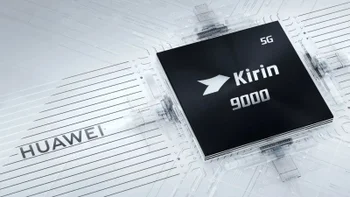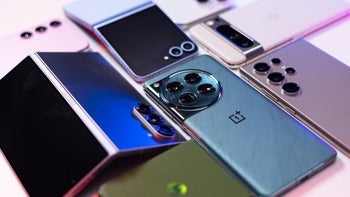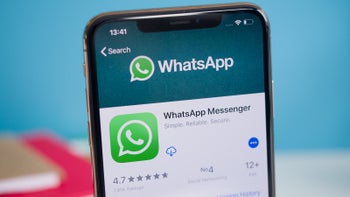U.S. Commerce Secretary says Huawei's chip breakthrough is "incredibly disturbing"

Huawei might have had several reasons for being ecstatic after introducing the Mate 60 line which includes the Mate 60 Pro, Mate 60 Pro+, and the Mate 60 RS. Instead of having to equip these phones with a chipset that doesn't work with 5G signals and rely on receiving a license to import the 4G Qualcomm Snapdragon 8+ Gen 1 SoC (which it did with the Mate 50 line in 2022 and P60 series earlier this year), Huawei put its own Kirin 9000S 5G application processor (AP) inside the new flagship units.
Huawei had Chinese consumers celebrating after unveiling the Mate 60 Pro powered by a 5G Kirin chip
Finding a way around U.S. export rules that ban Huawei from receiving cutting-edge chips from foundries using American technology (without obtaining a license) and producing an AP that supports 5G touched off a response in China that you might call flag-waving nationalism. And U.S. officials and lawmakers were left wondering how this happened. Huawei hadn't released a flagship phone powered by its own 5G-enabled chipset since 2020's Mate 40 line. That was the year the U.S. export rule was announced by the Trump administration.

The Huawei Mate 60 Pro is powered by the company's own Kirin 9000S chipset
While the Kirin 9000S was supposedly produced by China's largest foundry, SMIC, using its N2+/7nm process node, at least one researcher claims that the chip was produced on SMIC's 14nm node using special features to make it seem like 7nm silicon. And even at 7nm, SMIC is two generations behind TSMC and Samsung Foundry's 3nm nodes.
As we said, U.S. lawmakers and officials were upset since the goal of the ban was to keep native 5G off of Huawei phones (cases have been sold that will allow Mate 50 and P60 series models to receive 5G signals). Today, Bloomberg reports that U.S. Commerce Secretary Gina Raimondo characterized Huawei and SMIC's chip breakthrough as "incredibly disturbing." Secretary Raimondo said that the Commerce Department needs to find better methods to enforce export restrictions.
Talking in front of a Senate Commerce Committee hearing, Raimondo said, "We need different tools. We need additional resources around enforcement." Legislation has been stalled in Congress that would give the Commerce Department more authority over technology transactions that impact U.S. national security. Huawei has long been considered a security risk due to its perceived ties with China's Communist Party.
The Commerce Department Secretary wouldn't comment on the department's investigation into how Huawei and SMIC were able to manufacture 7nm chips. Due to U.S. restrictions that prevent China from obtaining EUV (extreme ultraviolet lithography) machines, it isn't expected that SMIC will be able to make chips under 7nm. SMIC uses DVU, which is deep ultraviolet lithography.
These lithography machines etch circuity patterns on silicon wafers and EUV machines, which are the size of a school bus and cost about $200 million each, can produce patterns that are thin enough to help with the placement of billions of transistors inside a chip. Only one company makes the EUV machine and that is Dutch firm ASML which said that it will not ship EUV equipment to China.
Commerce Secretary Raimondo is under pressure to close any loophole that Huawei and SMIC can squeeze through
As the process node declines, the feature sizes for chips decline and that means that the transistors are smaller. With smaller transistors, more can fit inside a chip and the higher a chip's transistor count, the more powerful and/or energy-efficient it is. Right now, the only phones sporting chips made using the latest 3nm node are the iPhone 15 Pro and iPhone 15 Pro Max with both powered by the 3nm A17 Pro chipset which carry 19 billion transistors in each component. For SMIC to produce chips using a process node under 7nm, it will need to obtain an EUV machine somehow.
Raimondo also told the Senate committee, "We’re tough as we need to be, but we need more resources." The Commerce Secretary also said that she was proud of her department's ability earlier this year to impose the largest-ever fine on an American company for selling products to Huawei without a license. She also said that there is no evidence that the Chinese can build 7nm chips at scale and said that she is under pressure from Republicans to leave no loopholes for Huawei and SMIC to slip through.










Things that are NOT allowed: